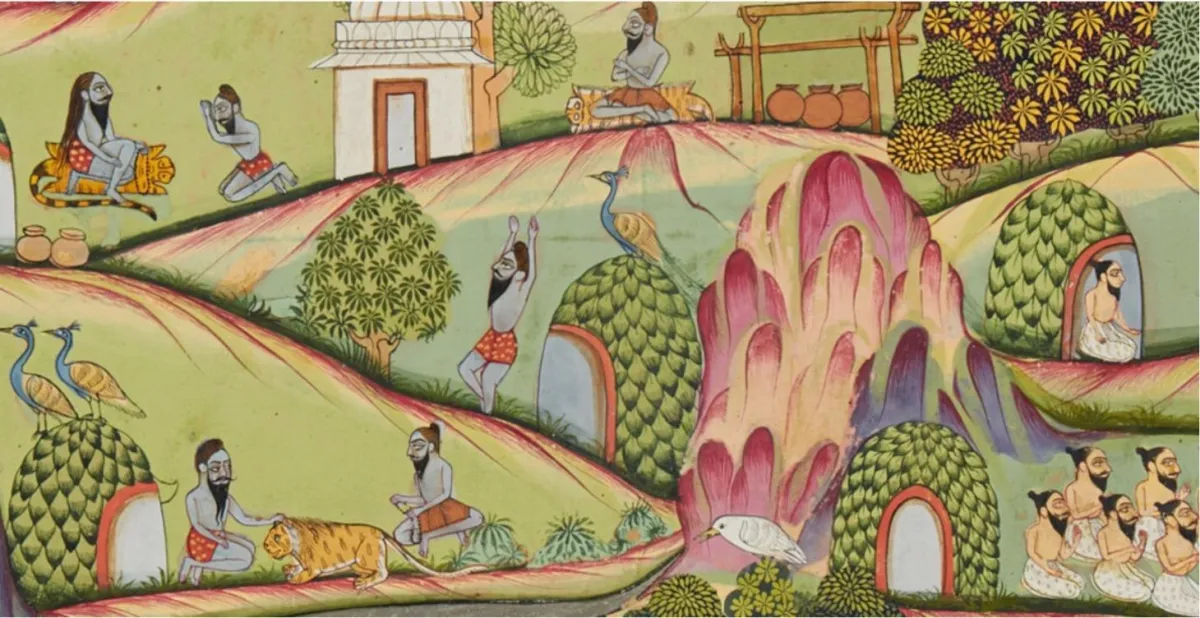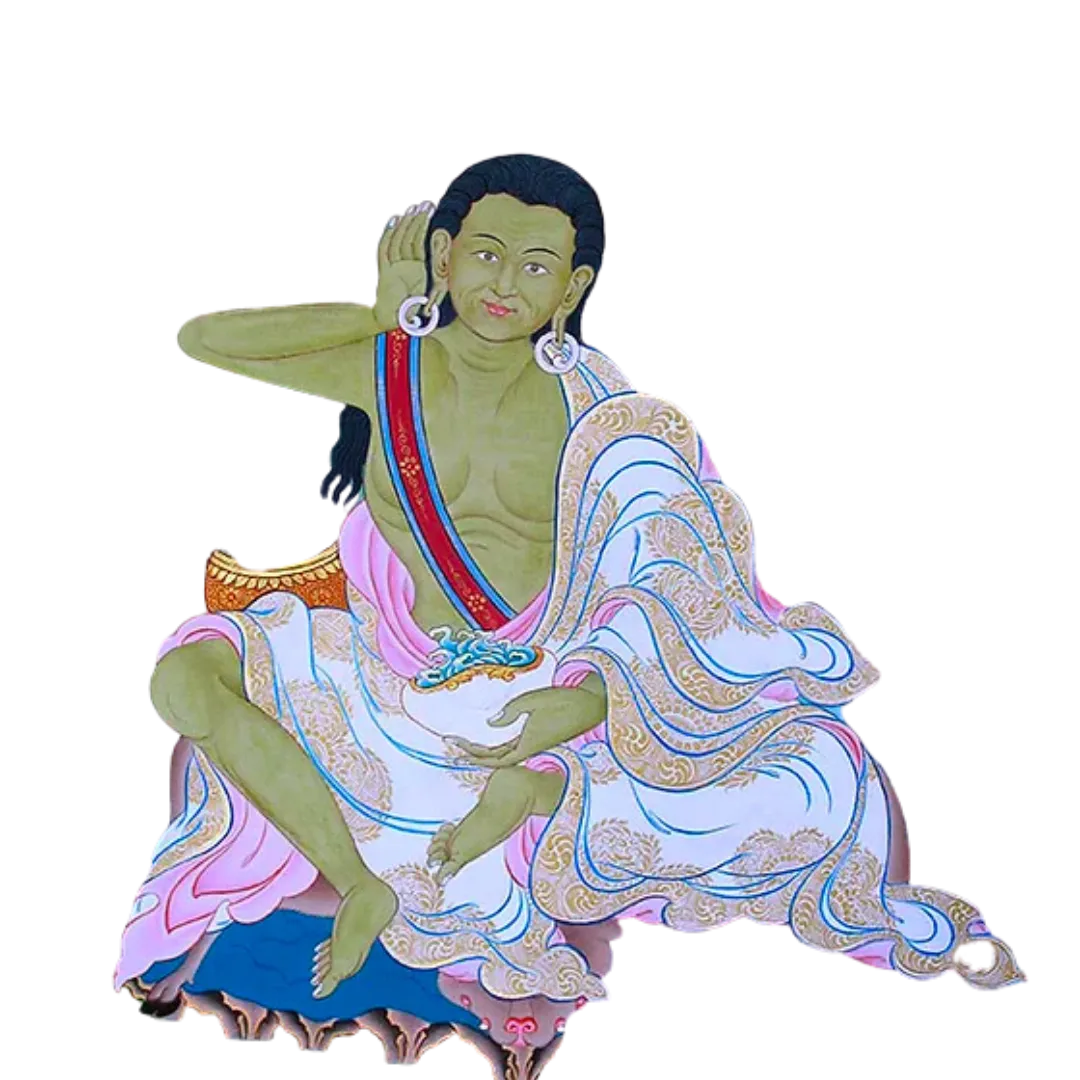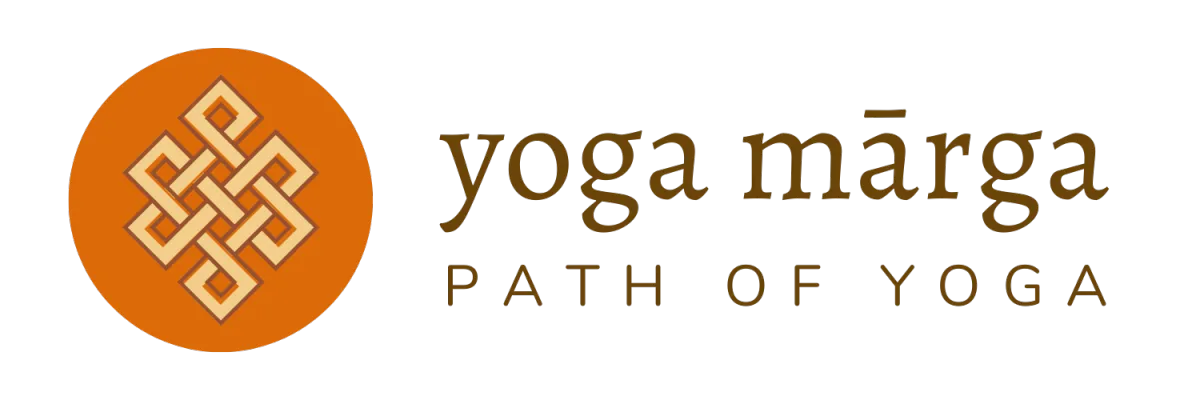Yoga Mārga Blog
Weekly Resources for Yoga Instructors, Wellness Professionals, and Healers.

The Four Noble Truths for Everyday Life
"Forgetting of your true nature (avidyā). Is the root klesha —the cause of all suffering."
There’s a reason the Four Noble Truths are called “noble.”
Not because they’re esoteric or religious.
But because they offer a radically honest, yet hopeful look at the human condition.
If you’ve ever found yourself asking:
“Why am I doing all this work and still not happy?”
“Why do I feel like I have potential I just can’t seem to reach?”
You’re already on the path the Buddha walked.
Because long before Buddhism was called Buddhism, it was simply the path of inner reflection.
Let’s break it down—not in abstract terms, but in a language your nervous system can understand.
1. The Noble Truth of Suffering (Dukkha)
Suffering isn’t just pain.
It’s the gap between who you are and who you could be.
It’s the restlessness, the frustration, the burnout that comes from knowing deep down:
“There’s something more in me. But I can’t seem to access it.”
In yogic terms, this is the forgetting of your true nature (avidyā).
It’s the root klesha—the cause of all suffering.
2. The Cause of Suffering (Samudaya)
The cause isn’t just the job, the relationship, or the world.
It’s internal. Subtle.
Buddhism calls it ignorance—but not stupidity.
It’s the ignorance of your own basic goodness, your Buddha-nature, your spiritual inheritance.
We chase pleasure.
We avoid pain.
We move impulsively, from one craving to the next.
And all the while, we miss the one place we’ve never fully sat with: ourselves.
3. The Cessation of Suffering (Nirodha)
Here’s the radical truth:
Suffering can end.
Not because life becomes perfect.
But because you stop generating unnecessary suffering from misidentification.
Yoga calls this kaivalya—liberation.
A stillness that arises when the Self knows itself.
This isn’t theoretical.
It’s trainable.
4. The Path (Magga)
The Buddha didn’t just name the problem—he gave tools.
Ethics. Meditation. Wisdom.
Yoga. Breath. Awareness.
This is the Fourth Noble Truth: the actual method for ending unnecessary suffering.
It’s not about becoming Buddhist.
It’s about becoming honest.
This is why Buddhist teachings aren’t limited to monasteries.
They’re not reserved for “religious people.”
They’re tools for human potential.
Whether you’re an artist, a healer, a coach, or just someone trying to breathe again…
The Four Noble Truths are a mirror.
And what they show us is not shame, but possibility.
Learn about the 4 Noble Truths from H.E. Khandro Rinpoche

Los Angeles, CA
Tampa Bay, FL
Between two thoughts,
there is Buddha.
- Milarepa
Milarepa (1052-1135 AD), a Tibetan yogi and poet, was a man who turned the trajectory of his life from misdeed to enlightenment, reminding us of the enduring potential of the human spirit.

